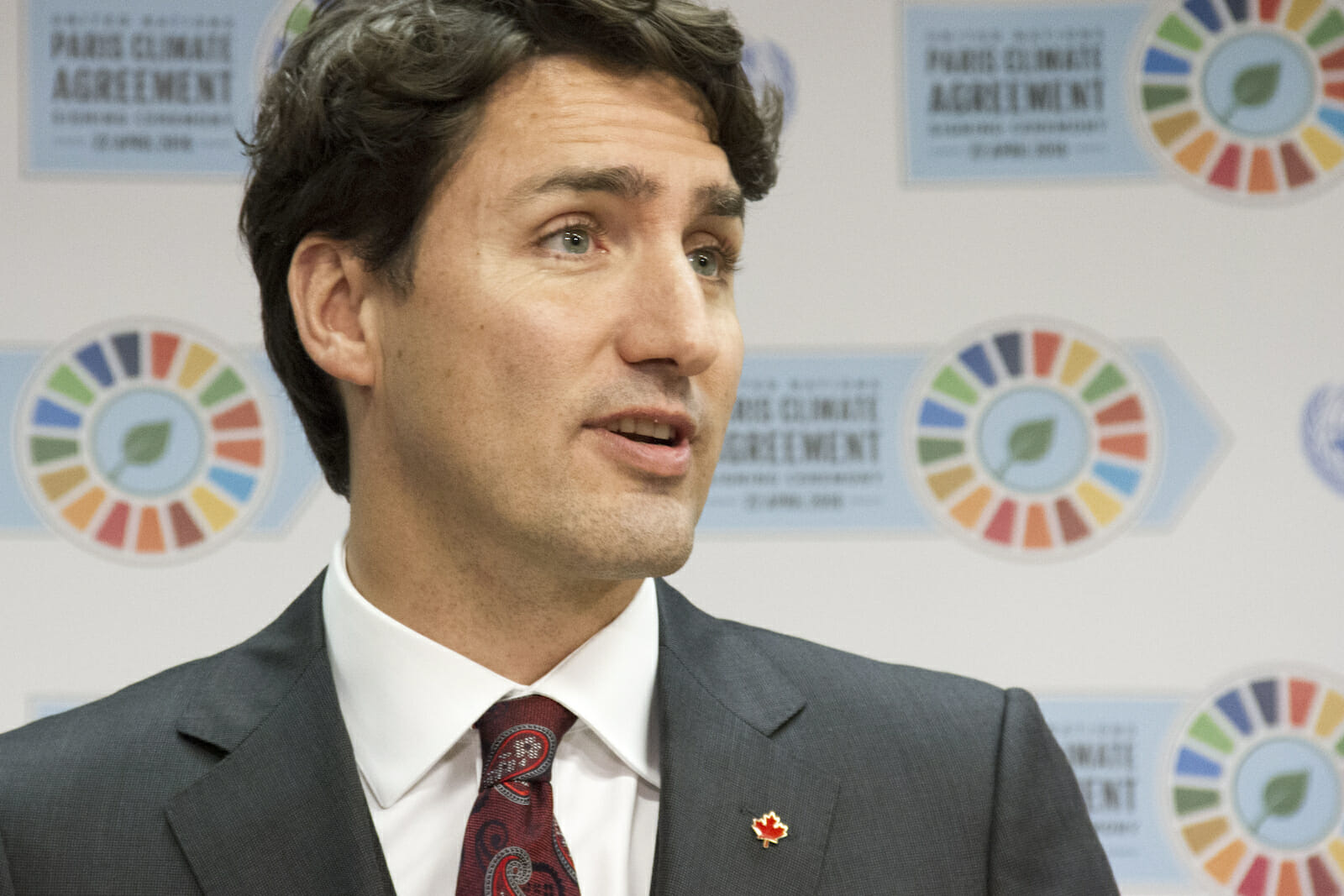
Canada Must Reset its Engagement with Asia
Canadian Prime Minister Justin Trudeau has managed to ruffle Beijing’s feathers following two major pushbacks from Ottawa. First is the outright rejection of Trudeau to intervene in the ongoing trial of Huawei CFO’s Meng Wanzhou’s extradition to the United States following Meng’s arrest on Canadian soil in December 2018. Second is the suspension of Canada’s extradition treaty with Hong Kong following Beijing’s promulgation of a security law on China’s special administrative region.
Despite mounting pressure from Beijing to intervene from the outset in Meng’s case, and as recently, a rejection of a clarion call by former Canadian politicians and bureaucrats to do the same, further calling the advocacy a “wrong approach,” Trudeau adamantly belied a gambit that foregoing Meng’s extradition will lead to a tit for tat exchange for the release of jailed Canadians, Michael Kovrig and Michael Spavor, who have been languishing in China since December 2018. The arrest of the “Two Michaels,” one of whom is a former diplomat, is undoubtedly Beijing’s retaliation for Meng’s arrest, who is facing fraud charges in the United States for allegedly lying about Huawei’s control of a firm accused of violating U.S. economic sanctions against Iran in 2013.
On the issue of Hong Kong, Trudeau’s suspension of the extradition treaty included an embargo of Canadian military exports which has worried Ottawa that such “dual-use” exports might be used by police to clamp down on protesters against the controversial security law which has been the root cause of the same protests since most of 2019. Beijing for its part, has threatened Ottawa that it will “bear the consequences” for its actions.
Despite the retaliation and ongoing threats by Beijing, Trudeau held his ground. His steadfast responses in both events have effectively thrust Canada into a de facto leadership role on the international stage. As such, these serve as an impetus for Canada to get out of hibernation to reign in China’s intimidation tactics. As such, an emboldened Canada should up the ante in the Asia Pacific region, where to say the least, is Beijing’s bailiwick, its testing and consequential proving ground of its assertiveness. At a minimum, Canada’s regional involvement has been lackadaisical, to say the least, despite being a participant of several bilateral and multilateral arrangements. These two unprecedented policies aimed specifically at Beijing serve as a fresh start for Canada to re-engage with like-minded countries, especially with much smaller and weaker Asian states, who bear the brunt of China’s assertiveness and indifference to regional norms, partly due to the fact that they lack the political and institutional support from middle powers such as Canada, to counter such challenges.
This potential re-engagement can be a vindication for Canada following its failure to secure a seat on the UN Security Council. Trudeau himself can exonerate himself from this humiliation which cost Canadian taxpayers more than $2 million following a fruitless campaign. This re-engagement at the peak of momentum can further disprove his critics for his apparent failure to bring Canada to the world stage as he promised in his first term in 2015. Additionally, amidst COVID-19, Canada can be the leader in alleviating the World Health Organization’s image after it has been tarnished by bickering between the United States and China over the latter’s handling of the pandemic and the subsequent defunding of the WHO by the Trump administration. Trudeau’s steadfast belief in the WHO is an opportunity for Canada to show the region which has been hit hard by the pandemic, that it can be a respected mediator to steer the organization to its original function devoid of bickering and pandemic politics.
In the era of American hegemony being eclipsed by China, and further exacerbated by Trumpism and Trump’s “America First” policy, and popular strongman rule with the likes of Xi Jinping, Rodrigo Duterte, and even Vladimir Putin, multilateralism in the region, which could have been championed by Canada, has taken a backseat where it is needed the most. Furthermore, the decrease in American engagement coincides with Canada’s increasing and varied stakes in the region. This is manifested in its regional commercial interests such as the Asia Pacific Economic Cooperation, Comprehensive and Progressive Agreement for Trans-Pacific Partnership, the Trans Mountain pipeline expansion and province-led endeavors such as Saskatchewan’s recent opening of three trade offices in the region, to security issues such as the freedom of navigation in the South China Sea, terrorism, piracy, and human rights concerns in Myanmar and the Philippines, to name a few.
Canada should, therefore, take the driver’s seat and reinvigorate its passive presence in the region. A robust presence enables Canada to confront Beijing’s nefarious ambitions while at the same time strongly protecting and promoting its own commercial, security, and even ideological interests in the fast developing, yet contentious region. However, accomplishing both can only go so far in a diffident leadership. Trudeau, to his credit, has gone beyond mere rhetoric and more on decisiveness with these bold pushbacks. Now that the country has been thrust into the international spotlight, it is the perfect time for Canada to eschew the sidelines as a passive witness and take the lead in countering China’s growing regional antagonistic influence whose ripple effects unquestionably, have already reached Canada’s shores.

